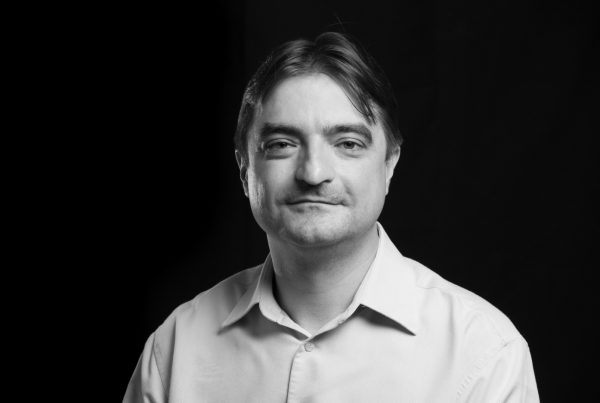Since 2017, ICREA Professor Javier Ramon has been a Group Leader at the Institute of Bioengineering of Catalonia (IBEC) in Barcelona, Spain. After his doctorate, he performed a post-doc stay under professor Mizutani's direction at Hyogo University in Japan on lithography fabrication, microfluidics, and dielectrophoresis technic (2009-2011). After this post-doctoral stay at Hyogo University (2011), he was hired by the Advanced Institute for Materials Research (AIMR) at Tohoku University as Assistant Researcher. The AIMR-WPI institute is the third most relevant institute in Japan and one worldwide reference in material science. He joined the group of Prof. Matsue in the device/ systems group, and in April 2013, he was promoted to Assistant Professor. In this position, he worked to integrate biosensor technology with stem cells, biomaterials, and tissue engineering research (2011-2014).
Research interests
My group ‘Biosensors for Bioengineering’ is focused on a new line of research that has become of extreme importance in the last years. My idea is to integrate biosensor technology and nanotechnology with stem cell research and tissue engineering. Engineered tissues are integrated with biosensing technology to obtain microdevices (microtissues and ‘Multi-Organ-on-a-Chip’ (multi-OOC)) to detect cellular responses to external stimuli, monitor the quality of the microenvironment, and support diverse cellular requirements. This research on 3D-functional engineered tissues is expected to develop tissue construction knowledge and their functions and relation to some human diseases. Integration of fully functional tissues with microscale biosensor technology allowed us to obtain OOC. These chips could be used in pharmaceutical assays. They could be a step toward the ultimate goal of producing in vitro drug testing systems crucial to the medicine and pharmaceutical industry.
